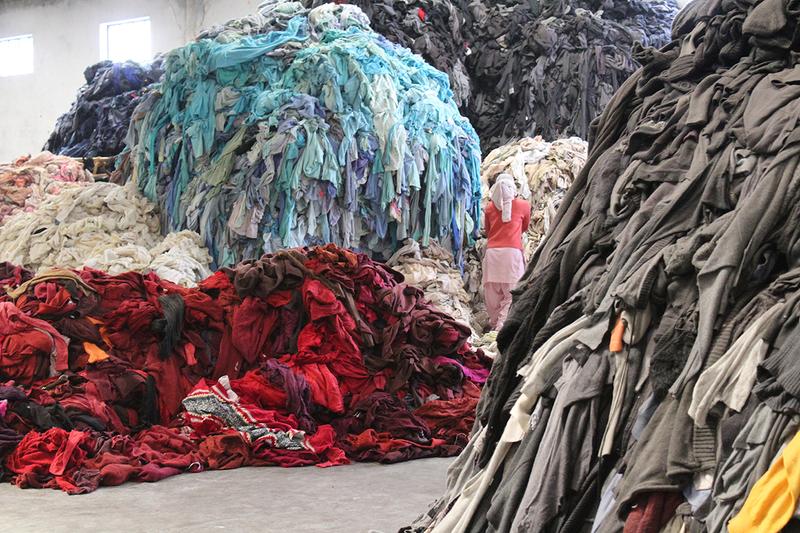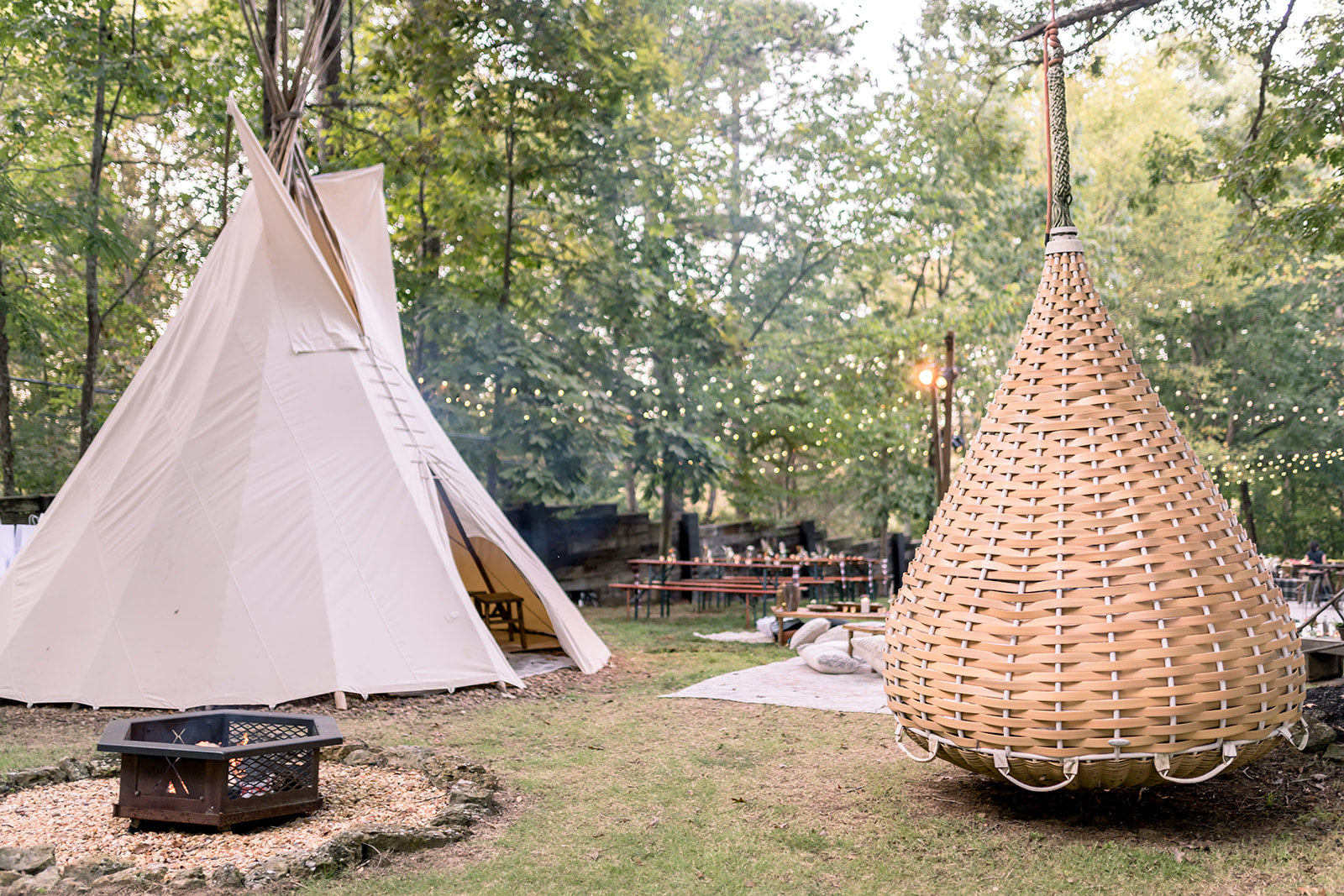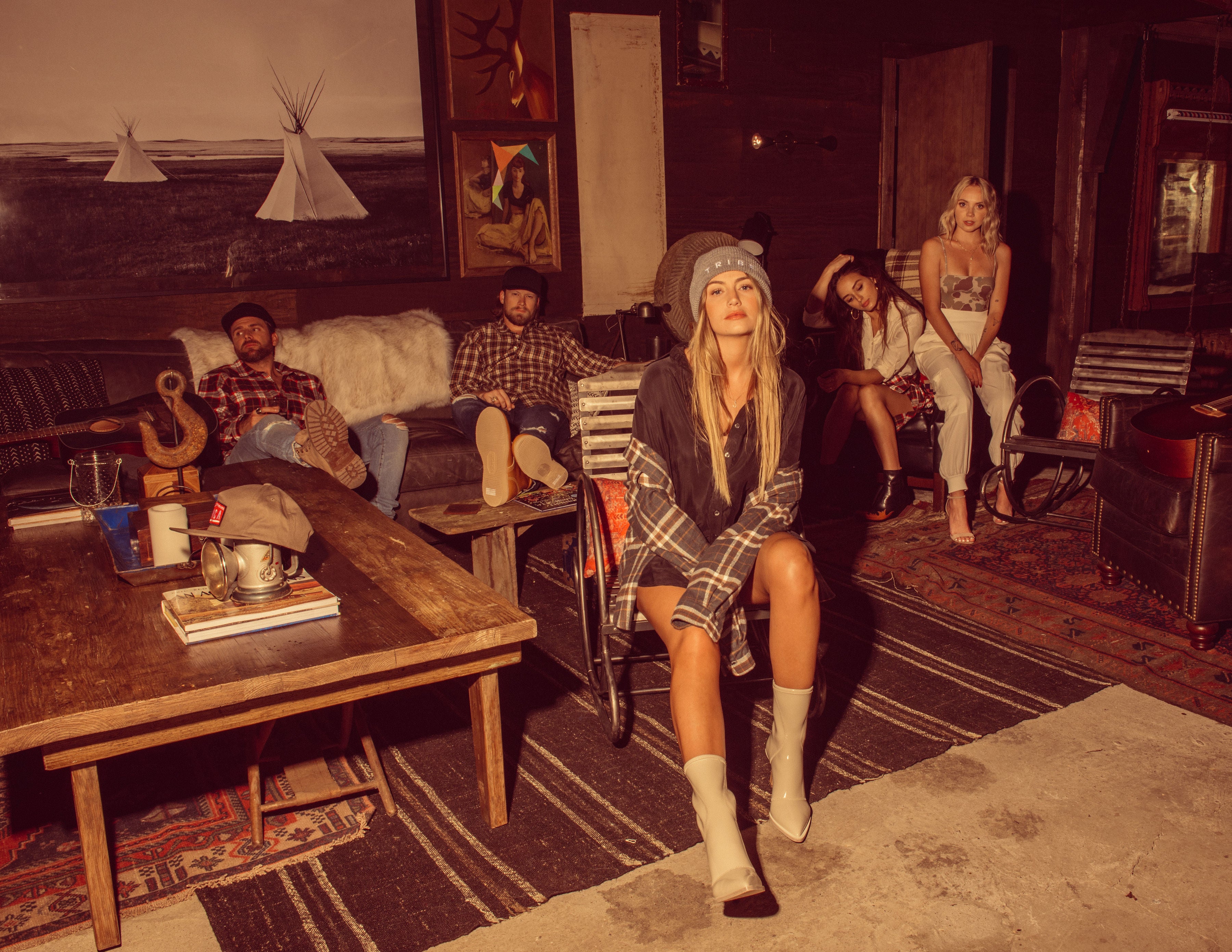
Real Talk: Humans & Our Planet
Tribe,
Sustainability is a buzz word right now, but what does it really mean? We all think about reusing water bottles and turning the water off when we brush our teeth, but not a lot of people are talking about the impact that lies in our closets. Behind the oil industry, the apparel industry is the second largest polluter in the world. Sustainable fashion is a movement that analyzes both the environmental impact along with the social and ethical impact of workers in the industry.
From the very beginning Brittney and Brian Kelley have been working towards how to become more sustainable each year. Easier said than done, this tedious process starts with the development of textiles all the way through manufacturing. Although this added more obstacles to their developing and financing their clothing brand, Brittney wants consumers asking, “What are my clothing made from?” Where are my clothes made?"

Did you know the fashion industry consumes 79 billion cubic meters of water? This is enough to fill 32 million olympic size pools. However, Tribe Kelley has utilized processes such as the Ozone technology in their denim development. Substantially reducing environmental impact, it lessens water consumption as well as energy, chemical, enzymes and stones. Ozone offers important advantages over tradition wet finishing.
Every year our landfills are filled with 13 trillion tons of waste in the U.S alone, leaving toxic chemicals and dyes to contaminate our ground water. A large portion of this problem is due to fast fashion retailers that target consumers to buy quick trends produced by cheap fabric and stitching that is worn a couple of times and then ditched for the next season’s trend. Brittney and Brian focus on quality material and craftsmanship of each product down to the last button with the intention it will be a staple hanging in your closet for a lifetime. Producing sustainable fashion is a constant learning experience. The Kelleys realized after their first collection that fabric was being wasted during the development, therefore they solved the issue by designing new pieces with leftover material and creating the sustainable "Made by the Tribe" program.

In addition to environmental impact there is an ethical element 80% of garment makers around the world are women in their early twenties who are dealt with low wages, sexual harassment and a lack of upward mobility. From textile production, to sewing and shipping, our clothes see 100 hands before we receive them. This is another consideration the Kelleys had to include in manufacturing, Brittney stated,
“We knew we had to make sure all of the work conditions were clean, fair and safe.”
Each new season the Kelleys take visits to their manufacturer and fulfillment center in L.A so they are fully aware of their promise to conditions and ethics.
As a team at Tribe Kelley we want to continue to share our transparency and our future goals. We made it our goal to be as sustainable as possible by the end 2020. Brittney is currently designing eco-friendly packaging for all of our e-commerce orders. This is not our final stop, we are on a journey and we will be sharing more knowledge and small ways to make a difference that you can incorporate into your routine. We know it’s hard and no one is perfect, but with small steps and making purchases with purpose we can make all make a difference.
Citations:
All facts are verified by Remake, a non profit for sustainable fashion.
For more resources visit (https://remake.world/about/resources/)
Photo: "Fashion Needs Sustainability" - Hype Beast
Photo: "The Environment and Human Cost of Making Jeans" - Eco Watch






